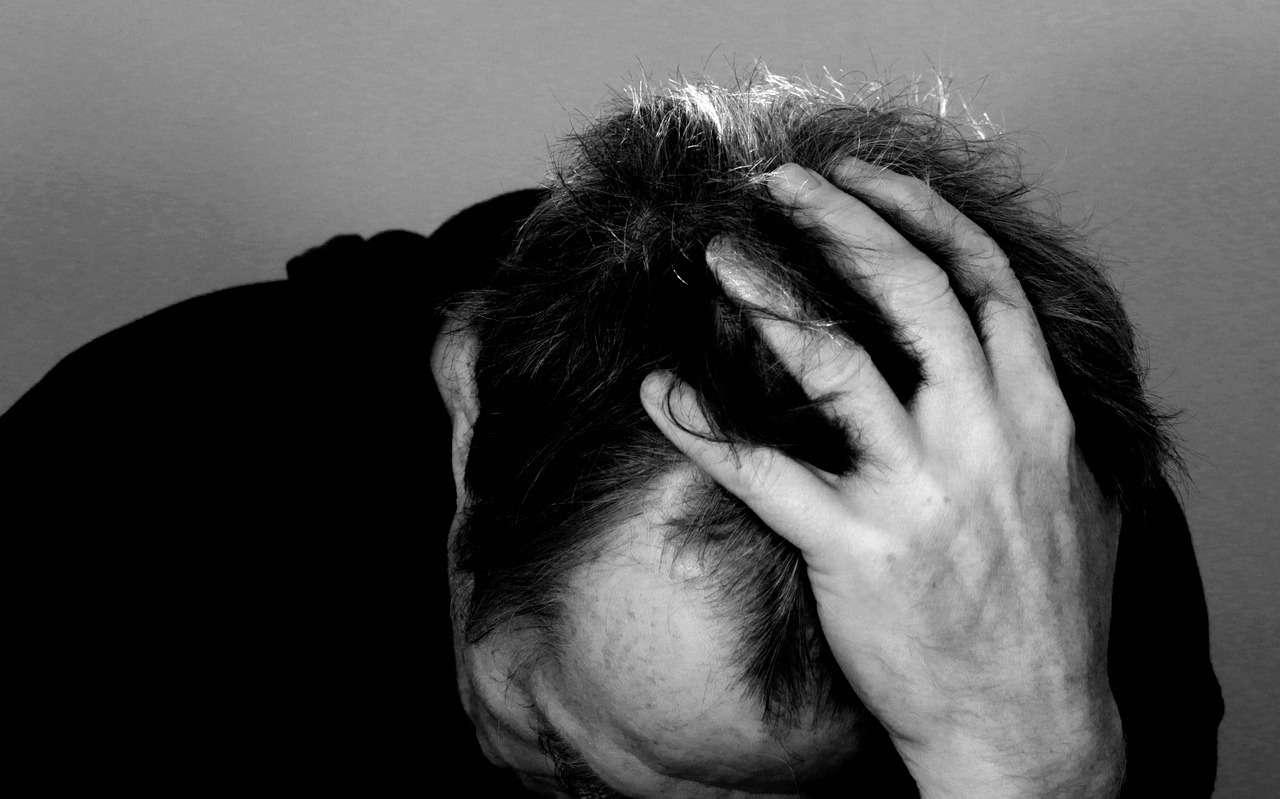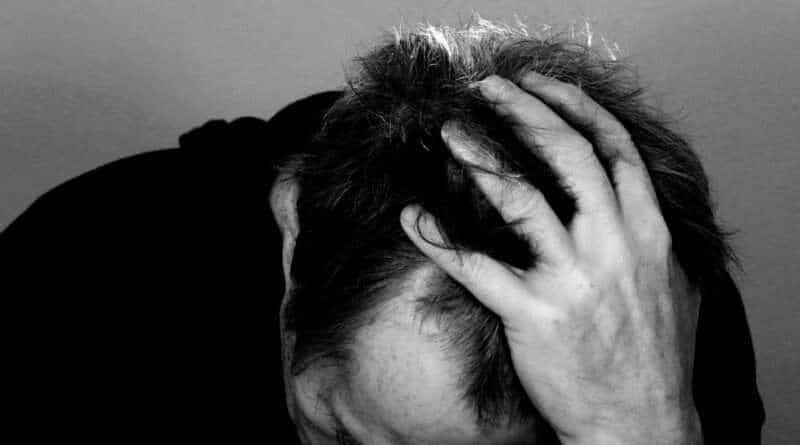Understanding the Different Types of Depression
Depression, a prevalent mental health condition, impacts numerous individuals worldwide. However, not all cases of depression are the same. There are several different types of depression, each with its unique symptoms, causes, and treatment options.
Understanding the different types of depression is crucial for anyone who has been diagnosed with the condition or knows someone who is struggling with it.
In this comprehensive guide, we’ll explore the various types of depression, including major depressive disorder, persistent depressive disorder, bipolar disorder, seasonal affective disorder, and others.
We’ll examine the symptoms, causes, and risk factors associated with each type, as well as the most effective treatment options available.
Whether you’re a healthcare professional, a family member, or someone who has been personally affected by depression, this guide will provide you with the knowledge and tools you need to gain a deeper understanding of and effectively manage this intricate condition, it is crucial to invest efforts.
What is Depression?

Depression is a mental health condition that affects how people feel, think, and behave. It manifests through enduring emotions of sadness, hopelessness, and diminished interest in previously enjoyable activities.
Depression can occur at any age, and it affects people of all genders and backgrounds. It is a complex condition that can have a significant impact on a person’s quality of life.
Depression is not the same as feeling sad or down. Everyone experiences feelings of sadness or grief at some point in their lives, but these feelings usually go away within a few days or weeks.
Depression is different because it lasts for longer periods, sometimes for weeks, months, or even years. It can affect a person’s ability to perform everyday tasks, including work, school, and caring for themselves or their families.
Depression can also be accompanied by physical symptoms, including fatigue, sleep disturbances, appetite changes, and unexplained aches and pains. People with depression may also experience feelings of guilt, worthlessness, and hopelessness.
Types of Depression
Depression is a complex condition that can present itself in several different forms. Below are several frequently encountered forms of depression:
Major Depressive Disorder
The most prevalent type of depression is a major depressive disorder. It is characterized by persistent sadness and a lack of interest in things that once brought pleasure.
People with major depressive disorder may also experience physical symptoms, including fatigue, sleep disturbances, and changes in appetite.
This type of depression can occur at any age and can be triggered by a variety of factors, including a traumatic event, a significant life change, or a chemical imbalance in the brain.
Persistent Depressive Disorder
Persistent depressive disorder is a type of depression that lasts for two years or longer. It is characterized by constant sadness and a lack of interest in things that once brought pleasure.
People with persistent depressive disorder may also experience physical symptoms, including fatigue, sleep disturbances, and changes in appetite.
This type of depression is often linked to genetics and can be triggered by a variety of factors, including a traumatic event, a significant life change, or a chemical imbalance in the brain.
Bipolar Disorder
Bipolar disorder is a condition characterized by extreme mood swings, including periods of depression and periods of mania. During a depressive episode, people with bipolar disorder experience sadness and a lack of interest in things that once brought pleasure.
During a manic episode, they may feel elated, energetic, and impulsive. Bipolar disorder can be triggered by a variety of factors, including genetics, environment, and chemical imbalances in the brain.
Seasonal Affective Disorder
Seasonal affective disorder is a type of depression that is triggered by changes in seasons. Its occurrence peaks during the winter months, coinciding with reduced sunlight exposure.
People with seasonal affective disorder experience sadness, fatigue, and a lack of interest in things that once brought pleasure. This type of depression can be treated with light therapy, psychotherapy, and medication.
Postpartum Depression
Postpartum depression is a type of depression that occurs after giving birth. It is characterized by sadness, anxiety, and a lack of interest in things that once brought pleasure.
Postpartum depression can arise due to hormonal fluctuations, disrupted sleep patterns, and feelings of social isolation. This type of depression can be treated with psychotherapy, medication, and support groups.
Atypical Depression
Atypical depression is a type of depression that is characterized by mood reactivity. This means that people with atypical depression can experience temporary improvements in mood in response to positive events.
However, they still experience persistent sadness and a lack of interest in things that once brought pleasure. Atypical depression can be triggered by a variety of factors, including genetics, environment, and chemical imbalances in the brain.
Situational Depression
Situational depression is a type of depression that is triggered by a specific event or situation, such as the loss of a job, the end of a relationship, or the death of a loved one.
People with situational depression experience sadness, anxiety, and a lack of interest in things that once brought pleasure. This type of depression can be treated with psychotherapy, medication, and support groups.
Symptoms of Depression
Depression can present itself in several different forms, and the symptoms can vary from person to person. However, some common symptoms are associated with depression. Here are several commonly observed symptoms:
- Persistent feelings of sadness, hopelessness, or emptiness
- A lack of interest in things that once brought pleasure
- Changes in appetite or weight
- Sleep disturbances, including insomnia or oversleeping
- Restlessness or irritability
- Fatigue or loss of energy
- Difficulty concentrating or making decisions
- Feelings of worthlessness or guilt
- Recurrent thoughts of death or suicide
Causes of Depression
Depression can be caused by a variety of factors, including genetics, environment, and chemical imbalances in the brain. Here are several prevalent factors that can contribute to the development of depression:
Genetics: Depression can run in families. If you have a family history of depression, you may be more likely to develop the condition.
Environment: Traumatic events, such as the loss of a loved one, significant life changes, or high-stress work environments, can serve as triggers for depression.
Chemical imbalances in the brain: Depression is often linked to imbalances in the chemicals in the brain, including serotonin, dopamine, and norepinephrine.
Medical conditions: Certain medical conditions, including thyroid disorders, chronic pain, and heart disease, can trigger depression.
Diagnosis and Treatment of Depression
If you think you may be experiencing depression, it’s important to seek professional help. Your healthcare provider can perform a thorough evaluation to determine if you have depression and what type of depression you have. The evaluation may include a physical exam, blood tests, and a psychological evaluation.
There are several effective treatment options for depression, including psychotherapy, medication, and lifestyle changes. Psychotherapy, or talk therapy, can help you identify and change negative thought patterns and behaviors.
Medications, including antidepressants, can help regulate the chemicals in your brain that are responsible for mood. Lifestyle changes, including exercise, a healthy diet, and stress reduction techniques, can also help manage depression.
Coping with Depression
Coping with depression can be challenging, but there are several things you can do to manage your symptoms. Here are several strategies to help cope with depression:
Reach out for support: Talk to your friends and family members about what you’re going through. Join a support group or online community for people with depression.
Practice self-care: Prioritize your physical and emotional well-being by attending to your needs. Get enough sleep, eat a healthy diet, and engage in activities that please you.
Set realistic goals: Divide your goals into manageable, attainable steps. Acknowledge and celebrate every achievement, regardless of its size.
Challenge negative thoughts: Recognize negative thought patterns and substitute them with positive alternatives.
Seek professional help: If you’re struggling to manage your symptoms, consider seeking professional help. Your healthcare provider can assist you in devising a personalized treatment plan that suits your needs.
Conclusion
Depression is a prevalent mental health disorder that impacts millions of individuals across the globe. However, not all cases of depression are the same.
There are several different types of depression, each with its unique symptoms, causes, and treatment options.
Understanding the different types of depression is crucial for anyone who has been diagnosed with the condition or knows someone who is struggling with it.
If you think you may be experiencing depression, it’s important to seek professional help. With the right treatment and support, you can learn to manage your symptoms and improve your quality of life.




